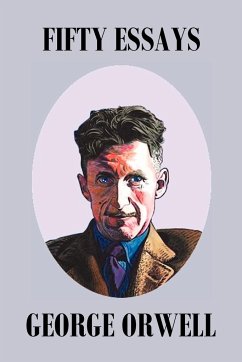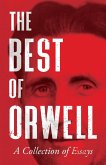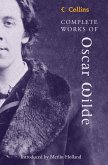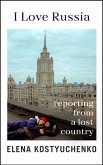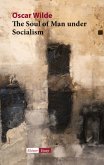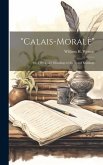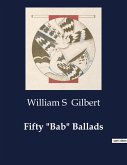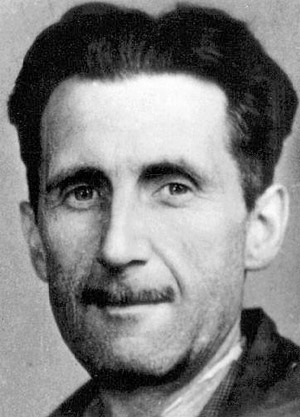"One cannot help but be struck by the degree to which he (George Orwell) became, in Henry James's words, one of those upon whom nothing was lost. By declining to lie, even as far as possible to himself, and by his determination to seek elusive but verifiable truth, he showed how much can be accomplished by an individual who unites the qualities of intellectual honesty and moral courage." ¿- Christopher Hitchens This collection of fifty essays spans the 1930s and 1940s and covers the broad range of Orwell's interests: political, social and literary. As well as extracts from well-known books such as 'Down and out in Paris and London' and 'The Road to Wigan Pier', this volume includes classic articles such as 'Killing an Elephant' and 'Good Bad Books,' as well as lesser known pieces. Whether or not readers are familiar with his work or sympathatic to his views, they are sure to be seduced by Orwell's logical mind and lucid prose in this handsome new edition of his wide-ranging and stimulating essays. Contents: The Spike; A Hanging (1931); Bookshop Memories (1936); Shooting an Elephant (1936); Down the Mine (1937) (from "The Road to Wigan Pier"); North and South (from "The Road to Wigan Pier") (1937); Spilling the Spanish Beans (1937); Marrakech (1939); Boys' Weeklies and Frank Richards's Reply (1940); Charles Dickens (1940); Charles Reade (1940); Inside The Whale (1940); The Art of Donald Mcgill (1941); The Lion and the Unicorn: Socialism and the English Genius (1941); Wells, Hitler And The World State (1941); Looking Back On The Spanish War (1942); Rudyard Kipling (1942); Mark Twain - the Licensed Jester (1943); Poetry and the Microphone (1943); W. B. Yeats (1943); Arthur Koestler (1944); Benefit of Clergy: Some Notes on Salvador Dali (1944); Raffles and Miss Blandish (1944); Antisemitism in Britain (1945); Freedom of the Park (1945); Future of a Ruined Germany (1945); Good Bad Books; In Defence of P. G. Wodehouse (1945); Nonsense Poetry; Notes on Nationalism (1945); Revenge is Sour (1945); The Sporting Spirit; You and the Atomic Bomb (1945); A Good Word for the Vicar of Bray; A Nice Cup of Tea (1946); Books vs. Cigarettes; Confessions of a Book Reviewer; Decline of the English Murder; How the Poor Die; James Burnham and the Managerial Revolution; Pleasure Spots; Politics and the English Language; Politics vs. Literature: an Examination of Gulliver's Travels; Riding Down from Bangor; Some Thoughts on the Common Toad; The Prevention of Literature; Why I Write (1946); Lear, Tolstoy and the Fool; Such, Such Were the Joys (1947); Writers and Leviathan (1948); Reflections on Gandhi. George Orwell (born Eric Blair, 1903, Motihari, Bengal, died Jan 1950, London)was a leading British writer of the twentieth century. He studied at Wellington College and Eton (1917-1921) where he was a King's Scholar. After Eton, he followed family tradition and joined the Indian Imperial Police in Burma, until 1927 when, disgusted by imperialism, he resigned to pursue his boyhood dream of being a writer. He published an autobiographical book Down and Out in London and Paris, with Victor Gollancz Ltd. under his pen name of George Orwell. This established his literary career. Orwell was a prolific journalist, essayist, novelist and nonfiction writer. He is remembered for his prescient writing and his unwavering commitment to truth and clarity of expression. His last two novels--Animal Farm and Nineteen Eighty-Four--have placed him at the pinnacle of British literature.
Hinweis: Dieser Artikel kann nur an eine deutsche Lieferadresse ausgeliefert werden.
Hinweis: Dieser Artikel kann nur an eine deutsche Lieferadresse ausgeliefert werden.

